Space is water: a mere metaphor or an alternative scientific theory?
18th Sep 2023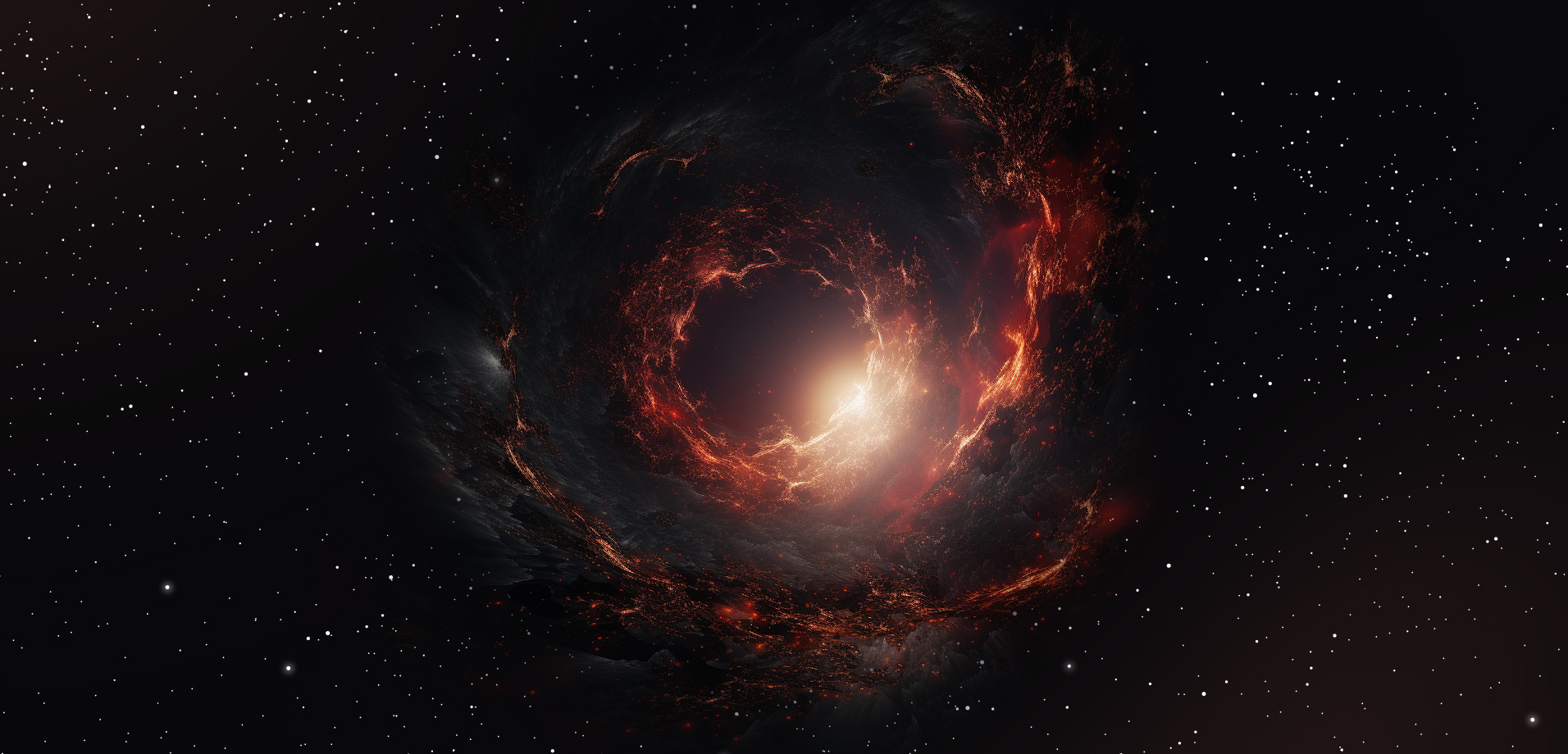
Is space water, or is it a fallacy resulting from a misinterpretation of scientific concepts and cultural myths? Let’s look at the origin of the “space is water” theory and why scientists reject it.
Why is space water?
In secondary school, we leatn that outer space is an almost perfect vacuum with a low density of hydrogen molecules, helium, plasma and dust particles. In other words, this is a vast emptiness, in which we cannot survive without a spacesuit or a spacecraft.
Why then is space compared to water, which people for centuries have considered to be the source of life? Firstly, let us turn to science.
How is water related to space?
As you know, water is made up of hydrogen and oxygen. Hydrogen is the most abundant element in the universe and the main material for the formation of stars, while oxygen in space is mainly formed by the fusion of helium (He) and carbon (C) nuclei during the nuclear fusion process of stars at different stages of their evolution. In space, there is much less oxygen than hydrogen, but it is enough to form water in various forms.
Where can we find water in space?
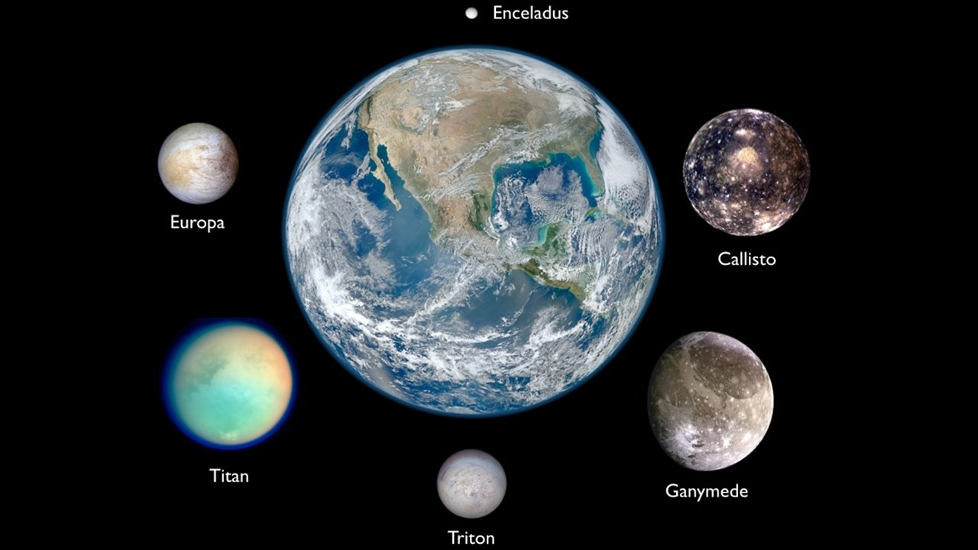
As space exploration progressed, scientists from NASA and other space agencies discovered that water molecules are found on dust particles in cold and dense regions of outer space called molecular clouds. Water particles are also present in interstellar space in the form of gas or in the form of ice on the surface of asteroids, comets and even some planets and their satellites. For example, on the surface of some moons of Jupiter and Saturn, there are ice crusts under which there may be liquid water. Mars and Venus have liquid and gaseous water in their atmospheres, while on Earth, water covers over 70% of the entire surface. To get more details, we invite you to read our separate article on water in space.
So, NASA shows space is full of water, but it’s not evenly distributed.
The long story of the “Space is water” theory: from Bible to scientific facts
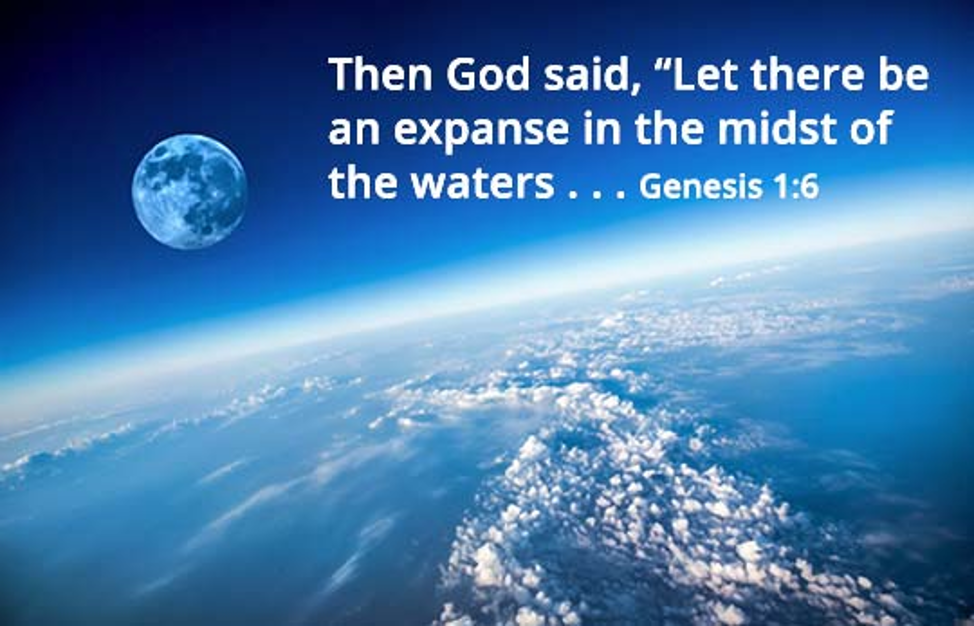
People started comparing the cosmos to water long before they knew what it was really made of. The theory that space is water, dates back to BC, and it is amazing. Let’s have a closer look at the myths, analogies, and facts that speak in favour of the statement that space is water.
Does the Holy bible say that space is water?
You may be surprised, but in scripture, Genesis 1:6-8, it states:
“And God said, Let there be a firmament in the midst of the waters, and let it divide the waters from the waters.
And God made the firmament, and divided the waters which were under the firmament from the waters which were above the firmament: and it was so.
And God called the firmament Heaven. And the evening and the morning were the second day”.
King James Version
Isn’t that a direct allusion to the statement that space is water? This is awesome!
Is the ocean a portal to space?
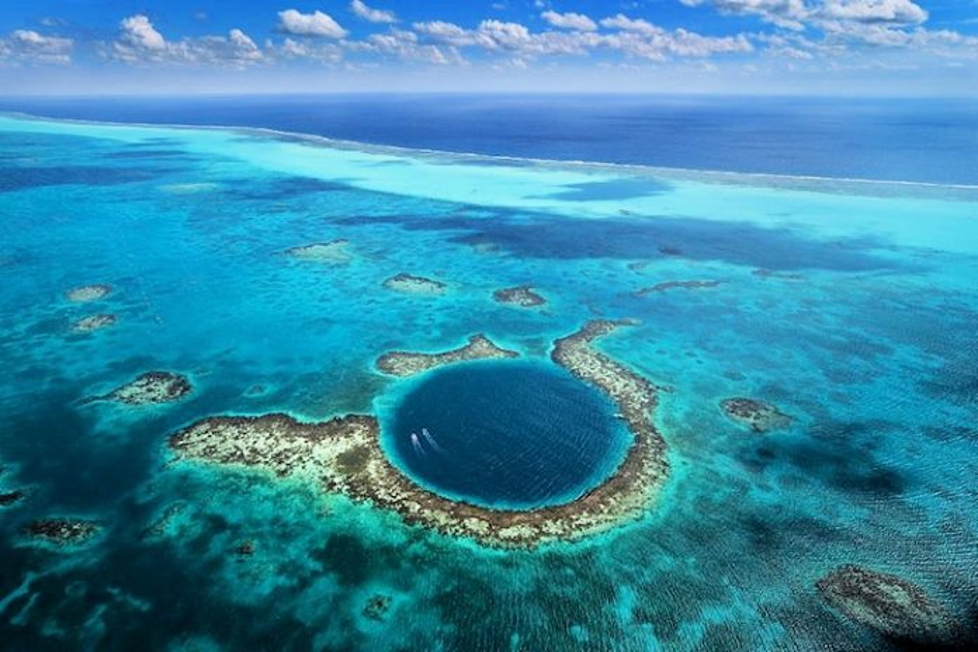
In the physical sense, there is no direct connection or portal between the ocean and space, but there is a metaphorical connection — both represent a huge space with various inhabitants, which humanity has been striving to study for centuries. Historically, gazing at the stars has been as exciting as gazing into the deep sea waters or exploring the seabed. Ancient civilizations believed that the ocean waters and the stars were inextricably linked. With the beginning of the age of navigation, the ocean waters personified the unknown, with the heavens as their symbolic counterpart.
Thousands of years have passed in which humanity has successfully mastered sea navigation but still has not uncovered all the secrets of the deep sea waters. Scientists sometimes joke that the depths of the ocean waters are less studied than the other side of the Moon. This is a true: according to various sources, only 2-5% of the World Ocean has been explored. Space has been explored by about the same percentage! We can see the solar system, nearby stars and galaxies, but dark matter remains a mystery to us.
In the search for extraterrestrial life, scientists turn to Earth’s ocean waters for inspiration. Recently, NASA began funding deep-sea water research as part of the Exploring Ocean Worlds project, which should help scientists push the boundaries of biology on those planets and satellites that could potentially contain liquid water and, therefore, traces of life.
Does space act like water?
Water and space are completely different matters, so in a physical sense, space does not behave like water. IOn the other hand, both space and water are deadly for an unprepared person. Without a special suit, you won’t be able to breathe, and you could die from decompression sickness. Only in the case of space, you will die from lack of pressure, while in water, you will experience a pressure drop due to the rapid rise from the depth to the water surface. And that’s a few more arguments in favor of the theory that space is water, in a way, but they are not the last ones.
Why do space terms have much in common with nautical terms?

The advent of aviation gave rise to this. Aeronautics got a lot of its terms from naval terminology. Then astronautics followed the lead. That is why space vehicles are also called ships; the premises on the ship are compartments, the crew is called the crew, the crew commander is the captain, etc. Here are some more reasons why the terminologies are similar.
Historical context
Early in space exploration, rocket propulsion and control systems were often designed by seamen and engineers who had experience with ships. This introduced a number of marine concepts into space terminology.
Navigation and Orientation
Both ocean waters and space travel require precise navigation and orientation. Terms related to directions, angles, and coordinates are common to both areas.
Isolation and Dependence
Like sailors on long voyages, astronauts also find themselves isolated from the outside world for long periods of time. They depend on their own resources and systems, which is similar to the situation on long sea voyages.
Landings and Takeoffs
The moments of takeoff and landing of a ship in space are similar to the moments of ascent and descent of a ship into the water. These are moments of special importance and control.
Research and discoveries
Sailing and space flights are associated with exploration and discovery of new territories. This is another common feature that can also be expressed through similar terms. In 1962, President Kennedy began his famous Apollo Lunar Program speech by saying: “We set sail on this new sea because there is new knowledge to be gained and new rights to be won, and they must be won and used for the progress of all people.”
These parallels between marine and space terminology do not prove that space is water, but they do help to simplify communication while explaining complex space flight concepts to a wide audience.
If outer space is not water, is outer space liquid?
Of course, biblical stories and metaphorical comparisons are not scientific evidence that space is water. But If outer space is not water, can it be liquid?
Pioneer anomaly
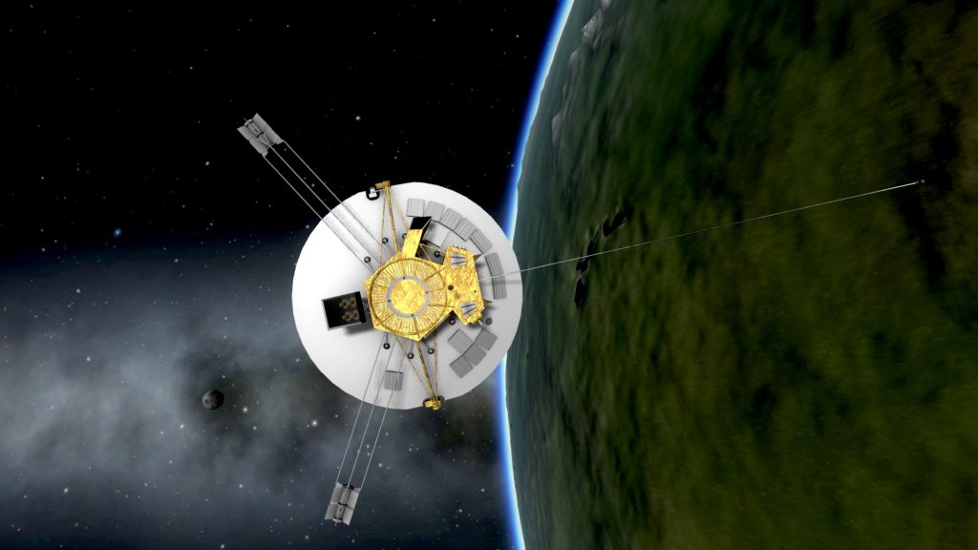
In 2019, Italian researcher Dr. Marco Fedi published a study that suggests that the vacuum of outer space could be a dilatant fluid — a type of non-Newtonian fluid that defies Newton’s law of viscosity. Objects traveling through this fluid will slow down due to the viscosity. Marco Fedi’s theory builds on the so-called Pioneer anomaly, giving new life to a decades-old astrophysical mystery that involves two NASA space probes.
In the 1970s, two NASA spacecraft, Pioneer 10 and Pioneer 11, were launched towards Jupiter and Saturn. Following their trajectory, NASA noticed that, somehow, they began to slow down. The scientific community, in search of an explanation, has hypothesized that the thermal radiation emitted by probes in space could create a slight pressure on their surface and, thus, gradually slow down their movement.
According to calculations, the probes slowed down by 0.74 ± 0.25 nm/s2. In 2012, an article titled …and farewell to the Pioneer anomaly was published in the journal Nature Physics, which essentially closed the problem at that time.
However, with the help of NASA, Marco Fedi managed to obtain a more accurate deceleration value of 0.874 nm/s2. The scientist published an article in which, based on the solution of the Pioneer anomaly and the precession of Mercury’s perihelion, he showed that the physical vacuum most likely behaves like a dilatant fluid as the shear stress increases.
Analogue gravity
Marco Fedi is not the only one who gives an affirmative answer to the question Is space liquid. Jeff Steinhauer of the Technion in Haifa was able to get results indicating that space-time can behave like a fluid. According to Einstein’s theory of relativity, space-time curves around mass and energy, and this leads to an effect we call gravity. But it turns out that if you write down the equations of sound waves in a liquid, they will look exactly the same as the equations of waves in a gravitational field. This mathematical relationship between fluids and gravity is known as “analogue gravity”. Steinhauer went beyond mathematical proofs. He managed to recreate gravitational analogies in a lab.
The results of Steinhauer and Marco Fedi’s experiments remain controversial at the moment and have many opponents. However, can it be that we are on the verge of a new way of understanding the universe and Einstein’s theory of relativity, and the hypothesis that outer space is liquid is not so unfounded?
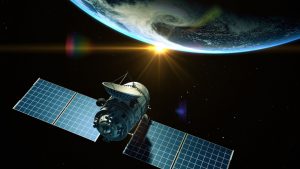

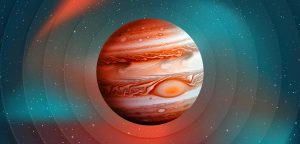



Thank you for your comment! It will be visible on the site after moderation.